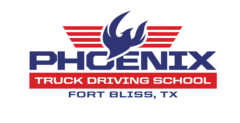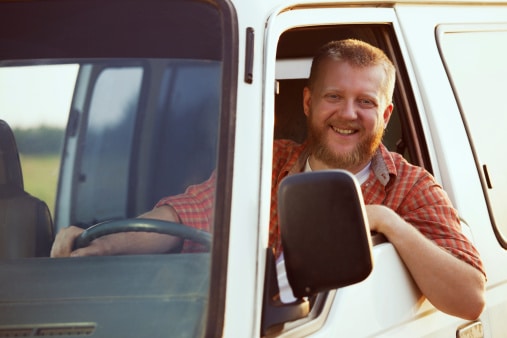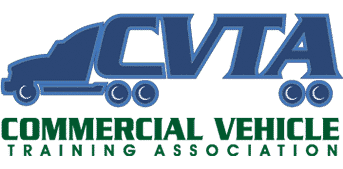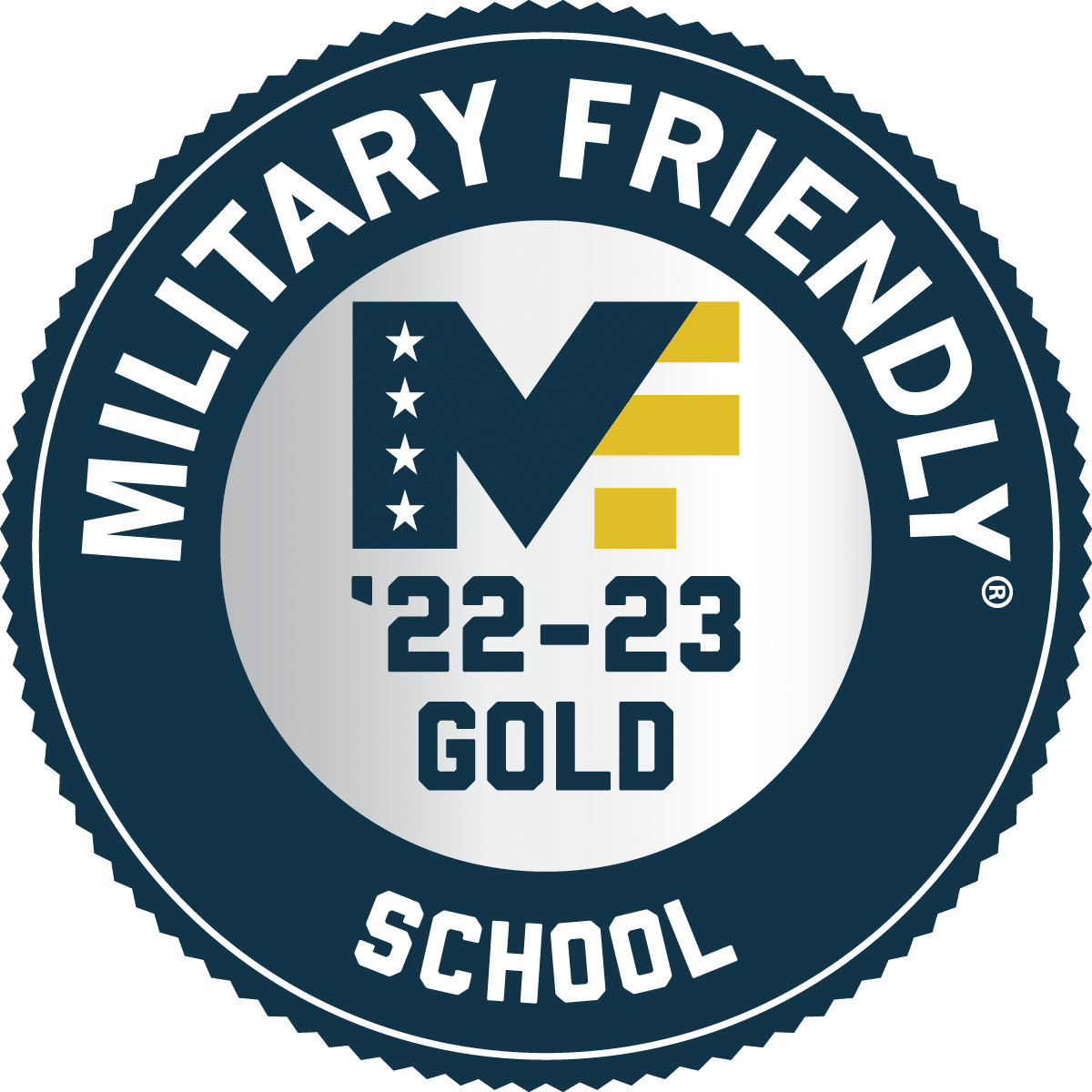Six years ago, the U.S. Congress passed the Military Commercial Driver’s (CDL) License Act of 2012 into law with bipartisan support. The law provides a boost for former military members who are looking to get into commercial truck driving after completing their service to our country. Endorsed by both the American Trucking Association and the Owner-Operator and Independent Drivers Association (OOIDA), the Military CDL Act has made a major difference for both the trucking industry and the career of former military personnel.
Here is a quick rundown of what you need to know about the Military CDL Act and what it does.
Why military personnel may have trouble entering the trucking industry.
Today, the trucking industry is responsible for employing hundreds of thousands of people around the United States. In the past, though, former military personnel had difficulty obtaining their Commercial Driver’s Licenses because they often resided in different states during their military service. Under federal law, people can only be issued CDLs by a state if they are a resident of that state.
What does the Military CDL Act do?
The Military CDL Act removes a significant barrier to a valuable career by permitting military personnel to obtain a CDL in any state where they trained or are serving. The new rule covers active duty members of the military as well as military reserves, members of the U.S. Coast Guard, members of the Coast Guard Auxiliary, and members of the National Guard. Thanks to this much-needed change, the members of our armed services now have far greater career opportunities open to them.
Truck driving can make a terrific career for anyone because it’s always in demand and it can provide you with a steady paycheck. If you would like to learn more about how you can embark on your new career as a truck driver, your journey begins with Phoenix Truck Driving School at Ft. Bliss. Call (877) 206-8344 for more information!
